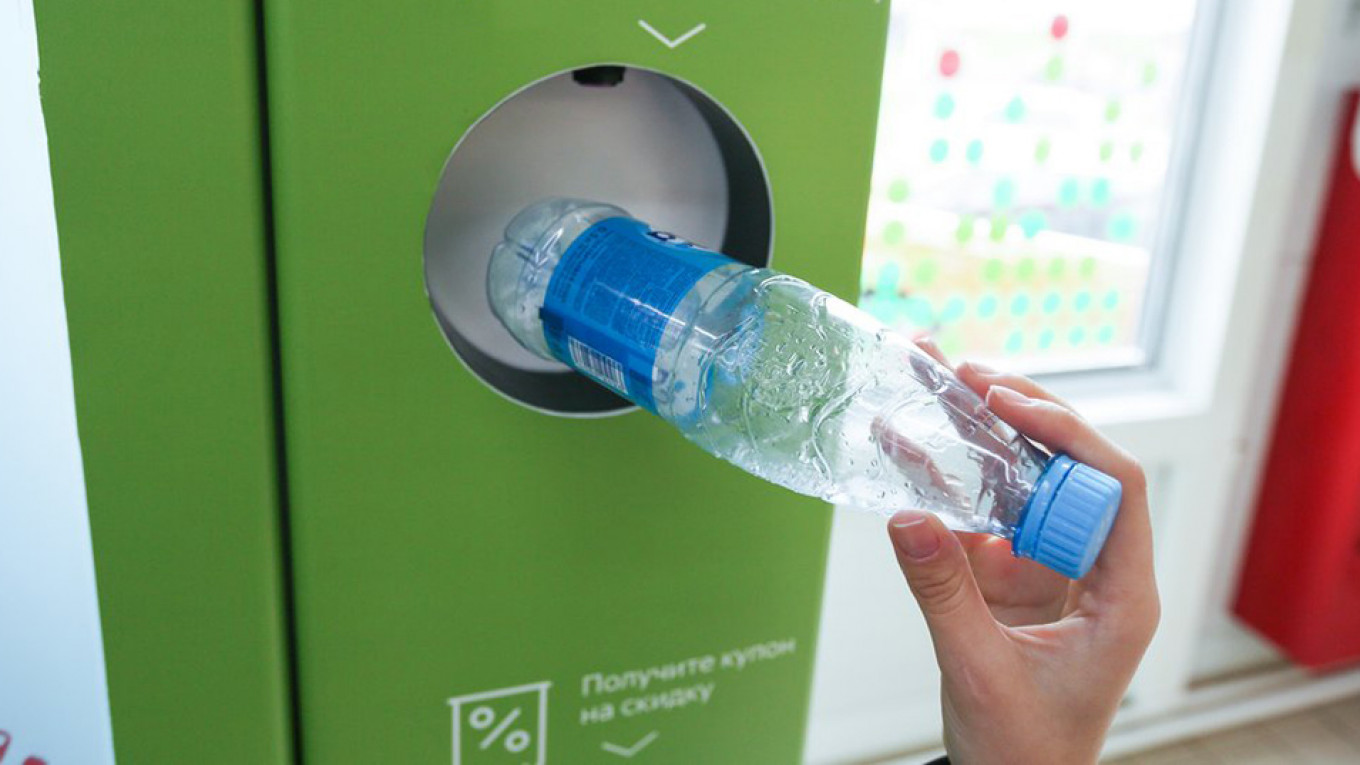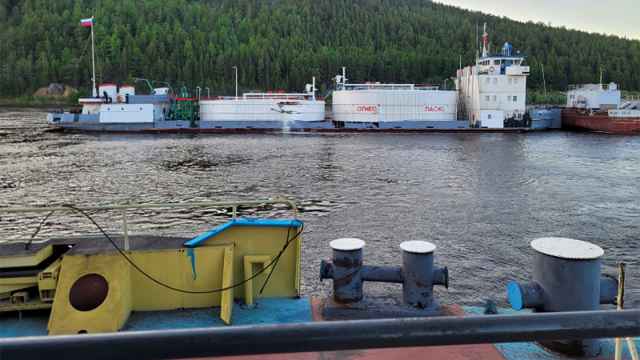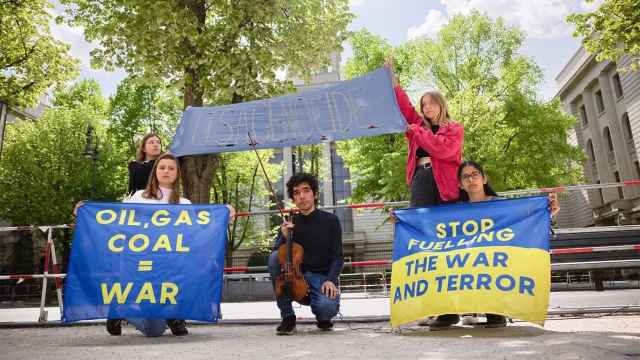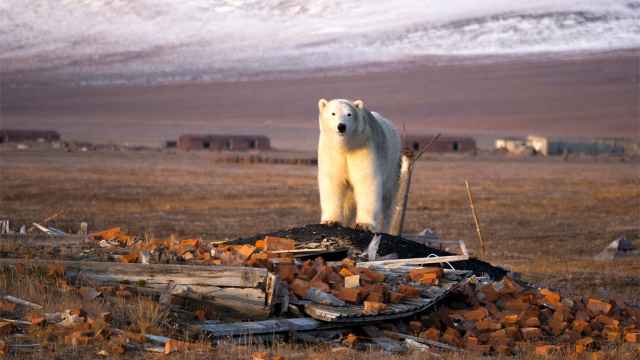Russian companies have begun to embrace the environmental, social and governance (ESG) metrics because exchanges (where companies are presented), their investors and customers are demanding it. That’s because the public are demanding it and in the increasingly competitive asset management business fund managers can’t afford to ignore the voices of activists like Stockholm’s 16-year-old Greta Thunberg. Her voice, and the voices of like-minded retail investors are now reaching into the snowy wilds of Siberia and changing the way businesses around the world are being run. Investors no longer just demand a decent return on their money, they are demanding sustainable investments too.
That is both a challenge and an opportunity for a company like Sibur, Russia’s biggest petrochemical producer. Corporate governance has already been an issue for Russian companies since the idea was championed by the likes of oil company Yukos almost a decade ago, and the Soviet legacy of blurring the line between work and private life means Russian companies are also sensitive to social issues. But concern for the environment is new and will take longer to work its way into the Russian corporate DNA.
“In Russia the pace will be set by the level of investment that companies are willing to invest in ESG," Maxim Remchukov, the head of sustainable development at Sibur told bne IntelliNews.
“Corporate governance has been the focus for lot of Russian companies over the last 20 years. It is of course of interest to big investors who expect high levels of corporate governance, but it is also popular with the owners of companies as a tool to mitigate business risks in Russia, as a risk management tool. This area is also broadly covered by the Russian legislation,” says Remchukov.
“The E and S are a bit more complicated. We are not a public company. We have public Eurobonds debt, but not shares. But we are trying to meet the same requirements despite not being public — to act as if we were a public company. The point is that if you are a large company with international ambitions then you have to play by the same rules as your global peers. And that means adopting the ESG metrics,” says Remchukov.
In Soviet times the environment was treated like an infinite resource, something made easier to assume by Russia’s vast territory that stretches across 11 time zones. And some ‘green practices’ (resource/energy efficiency, recycling, secondary usage) were driven by cost reduction and time-saving reasons.
On top of that most of the money invested into the Russian stock market, where most major Russian companies are listed, is Russian money, which is less concerned with the environment than its western peers. Green issues are on the rise in Russia, as highlighted by the series of landfill protests that have swept the country in the last year, but this pressure has yet to make itself felt in the domestic capital market, says Remchukov.
The lack of urgency is made worse by the fact that Russia is actually a carbon creditor, thanks to its vast forests and Russia’s “carbon reserves” from the low level of emissions counting from 1990. It is easy for Russia to meet the Paris agreement emission norms as Russia already meets the criterion, despite some very polluted pockets like the northern city of Norilsk, one of the most polluted cities in the world. Still, Russia plans to ratify the Paris Agreement by adopting a new law by the end of this year on emissions, ahead of President Vladimir Putin’s participation in the Osaka G20 summit.
“There is a low base in environmental issues, but we have to set out standards to the same as our global peers. This is not just about Sibur, but for all Russian companies,” says Remchukov.
New direction
However, things are changing. The government reacted to the landfill protests by setting up a national waste operator in January 2019 that is supposed to take charge of Russia’s waste management and it has seen serious resources poured into it. In August, Moscow became the first Russian city to mandate rubbish sorting as it launches a recycling effort. And in Russia, where Moscow leads the regions will follow.
“There is a growing pressure on plastics in Russia. And that is good and probably reflects the growing levels of income,” says Remchukov. “This awareness comes with higher income compared to 20 years ago. That means the population are becoming more aware of the issues and that is pushing companies to make these investments.”
As Sibur uses “associated petroleum gases” (APG, or the by-product from the production by major oil companies) as its feedstock and produces a variety of plastics and polymers, it is in the front line.
As the oil companies, in general, are not set up to deal with the APGs they used to flame them off, producing tons of CO2 every year. In Russia, they were faced with the requirements to prevent the flaring only in 2012 (95% of APG utilisation or extra charges). By locking the same carbon into polymers Sibur has already removed a lot of CO2 from the atmosphere. According to the company’s own calculations it processed 22-23 billion cubic meters of APGs in 2018 and removed 71 million tons of CO2 from the atmosphere as a result (an ESG gain that is actually booked by the oil and gas companies, not Sibur). However, the changing attitude to plastics is changing the way the company thinks.
“Traditionally the issue of the environment was as a social responsibility thing, but increasingly there is an economic angle now,” says Remchukov. “It affects our strategy as we are incentivized to diversify our resources base. We are looking at a secondary and biodegradable polymer base that would lead to a more sustainable business mode as well as new business lines.”
Sibur has opened talks with customers like Coke and Unilever, big consumers of plastics for bottles and packaging, to discuss possible ways of developing a more environmentally friendly version of the plastic PET bottles everyone uses.
“The government is focused on the municipal waste problem, especially in big cities. We understand the global trend from the global companies like Coke who have certain commitments to using packaging and materials in a responsible way. And that comes back to use as the producer of PET granules,” says Remchukov.
It is possible to make recycled PET plastics out of old plastic bottles, but Remchukov says the problem is sourcing enough old bottle flakes to make it worthwhile. However, as recycling in Russia has yet to take off and the same flakes are already in high demand from Russia’s synthetic fibre producers, the PET flakes are in short supply. The price of flakes rose by half last year alone as demand for them as an input is rising fast.
Remchukov says the national waste operator will probably spend most of this year just trying to work out what it is supposed to do, but from next year it could start making a difference. If the company attracts more investment into sorting and recycling centres then that would vastly increase the supply of materials that can be used as inputs by companies like Sibur.
To help the process along the company has set up the Reaktor app, a virtual marketplace for the suppliers of recyclable materials to find buyers.
“It's already working, not at full speed, and there is no ability to make payments through it, but that is coming,” says Remchukov. “It's a b2b market place. The users include the sorting facility including glass, aluminum, paper, etc. Big retailers also contribute, but often they already have their own way of selling their own waste. The national waste operator was only established at the start of this year, so it still needs time to understand its role, but if it can provide incentives for investment into recycling then this business could take off and make a real difference.”
This article first appeared in bne IntelliNews.
A Message from The Moscow Times:
Dear readers,
We are facing unprecedented challenges. Russia's Prosecutor General's Office has designated The Moscow Times as an "undesirable" organization, criminalizing our work and putting our staff at risk of prosecution. This follows our earlier unjust labeling as a "foreign agent."
These actions are direct attempts to silence independent journalism in Russia. The authorities claim our work "discredits the decisions of the Russian leadership." We see things differently: we strive to provide accurate, unbiased reporting on Russia.
We, the journalists of The Moscow Times, refuse to be silenced. But to continue our work, we need your help.
Your support, no matter how small, makes a world of difference. If you can, please support us monthly starting from just $2. It's quick to set up, and every contribution makes a significant impact.
By supporting The Moscow Times, you're defending open, independent journalism in the face of repression. Thank you for standing with us.
Remind me later.







